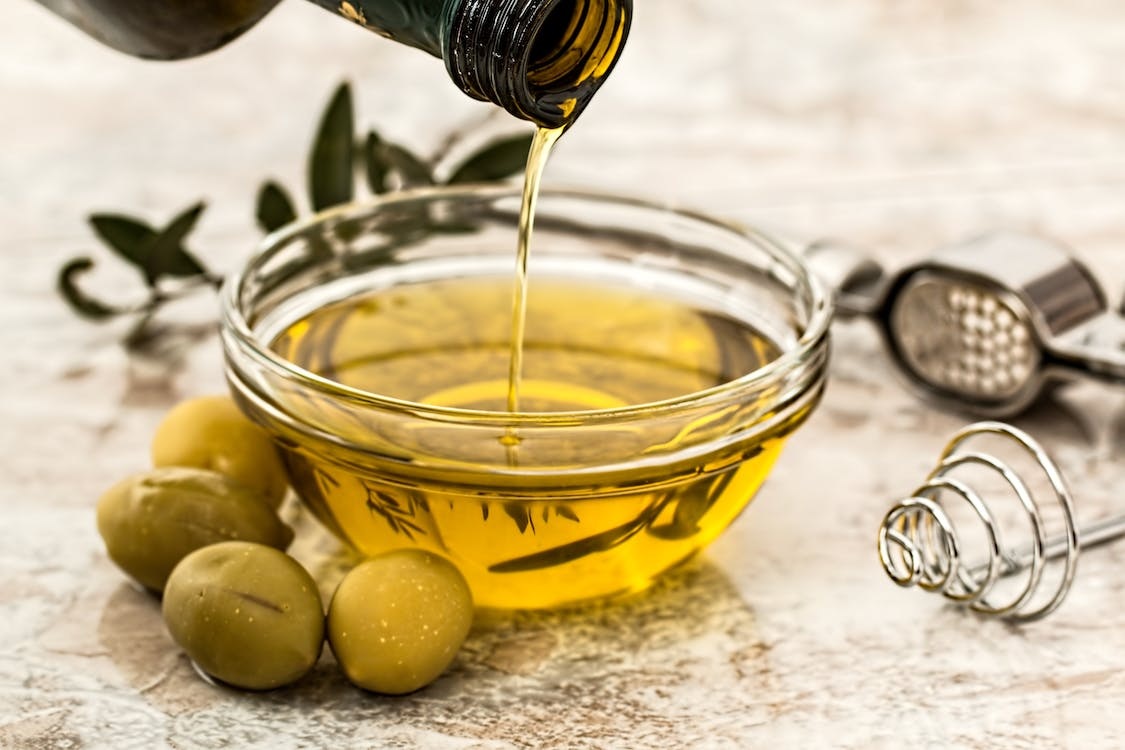There are a plethora of opinions on what is considered the best cooking oil or the healthiest cooking oil. Today we will focus on how vegetable oils are made and how they can become Kosher certified. As an aside, one benefit of using vegetable oils in a Kosher kitchen is that once they are Kosher certified, they are Kosher Pareve. This would not be the case if one was cooking with butter, lard or animal fats.
The process of Kosher certification of vegetable oils starts from the moment the seeds are harvested. The sources of vegetable oil are Generally Recognized as Kosher (corn, soy, canola, sunflower etc). Vegetable oils can be extracted in one of two ways. They are either cold pressed or chemically extracted using a solvent. Regardless of which method is being used, Kosher certification requires inspection of the facility and production equipment used in the extraction process or cold press process. The Kosher certification agency would also review any solvents, processing aids or additives used during the production process.
It is important to note that while the seed source of many vegetable oils are considered Generally Recognized as Kosher, that does not mean that the oil from those seeds is automatically Kosher. This is due to the fact that the facilities processing or refining the oil may often handle non Kosher oils or other products on the same equipment that would compromise the Kosher status of the vegetable oil.
Oil can also be sent to offsite facilities for either storage or bottling depending on the type of packaging needed and/or when the production facility does not have that capability. Storage tanks may have been used for non Kosher liquids and would need to be either dedicated to Kosher oil and/or Kosherized. When it comes to bottling, while generally done cold, the Kosher certification agency would need to ensure that the line is clean and create a protocol and supervision process for the bottling location.
Another concern in oil production is how it may be transported. Oil can often be manufactured overseas and shipped in bulk (e.g. isotanks). These vessels may have been previously used to haul non Kosher materials that again would compromise the status of the otherwise Kosher oil. Kosher certification would ensure that the entire production process from the initial seed to press, transportation to bottling would remain in good standing and in compliance with Kosher standards.
Whether you have an immediate need for Kosher certification for oil products or are just beginning to look into the process, feel free to reach out. We have experience certifying such facilities around the world and are here to help.






